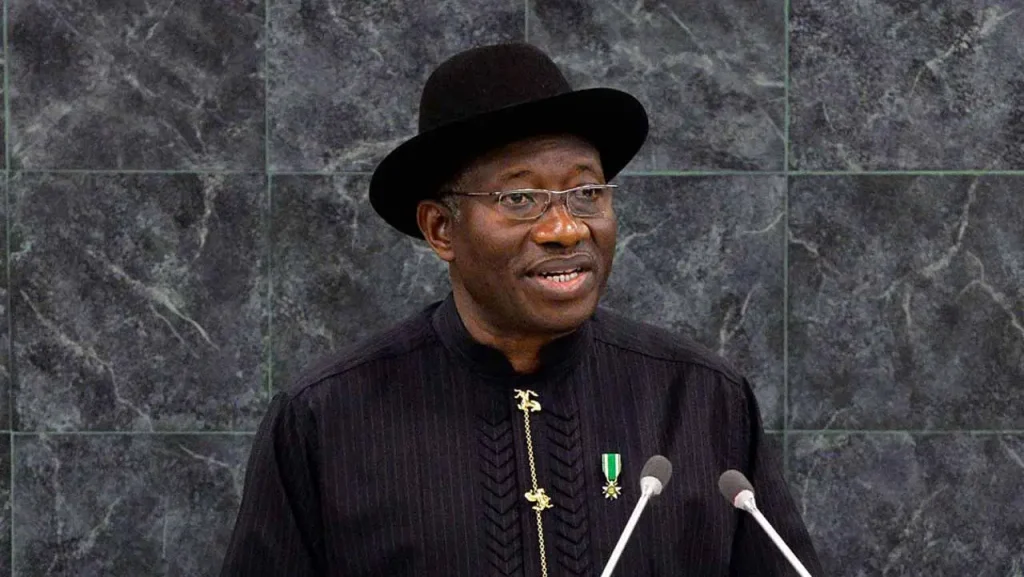Controlling your expenses is a critical skill for achieving financial stability and long-term success. Without a clear plan, it’s easy to fall into the trap of overspending, leading to financial stress and instability. By adopting effective budgeting strategies, you can gain control over your finances, allocate resources wisely, and work toward your financial goals with confidence. This guide explores practical steps and expert insights to help you manage your expenses and build a secure financial future.
Understanding Your Financial Landscape: Income and Expenses
The foundation of any successful budgeting plan is a thorough understanding of your income and expenses. Start by listing all sources of income, including your salary, freelance earnings, or any other revenue streams. Next, categorize your expenses into fixed and variable costs. Fixed expenses are recurring obligations like rent, utilities, and loan payments, while variable expenses include discretionary spending on entertainment, dining out, and shopping.
Many individuals underestimate their discretionary spending, which can lead to financial strain. To gain a realistic picture of your finances, track every expense meticulously. This practice helps identify areas where you may be overspending and provides a clear starting point for creating a budget.
The 50/30/20 Rule: A Proven Budgeting Framework
One of the most effective budgeting strategies is the 50/30/20 rule, a method that simplifies financial planning by dividing your income into three categories. Adedamola Adedoyin, a senior data analyst at e-Tranzact International Plc, explains how this rule works:
- 50% for Necessities: Allocate half of your income to essential expenses like housing, utilities, groceries, and transportation. These are non-negotiable costs that ensure your basic needs are met.
- 30% for Wants: Dedicate 30% of your income to discretionary spending, such as dining out, entertainment, and hobbies. This category allows for enjoyment without compromising financial stability.
- 20% for Savings and Debt Repayment: Reserve 20% of your income for savings, investments, or paying off debts. This portion is crucial for building financial security and achieving long-term goals.
Adedoyin emphasizes that this framework can be adjusted based on individual circumstances. For example, someone with higher debt obligations might allocate more than 20% to debt repayment, while others might prioritize savings.
Cutting Unnecessary Expenses: Small Changes, Big Impact
A key aspect of budgeting is identifying and eliminating unnecessary expenses. Start by reviewing your spending habits and pinpointing areas where you can cut back. Common culprits include unused subscriptions, impulse purchases, and frequent dining out. Simple lifestyle changes, such as cooking at home, opting for generic brands, or canceling unused services, can lead to significant savings over time.
Setting spending limits on discretionary expenses is another effective strategy. For instance, you might decide to spend no more than a specific amount on entertainment each month. This approach ensures better control over your finances without making you feel deprived.
Consistency and Discipline: The Pillars of Successful Budgeting
Budgeting is not a one-time task but an ongoing process that requires consistency and discipline. Regularly reviewing and adjusting your budget is essential to ensure it remains aligned with your financial goals. Life circumstances, such as changes in income or unexpected expenses, may necessitate adjustments to your budget.
To stay on track, consider using budgeting tools like apps or spreadsheets. These tools help monitor your progress, track expenses, and maintain accountability. By committing to these practices, you can maintain control over your finances and build a strong financial foundation.
Expert Insights: The Importance of Budgeting in Expense Control
Financial experts emphasize the critical role of budgeting in managing expenses. Kelechi Godfrey, a financial educator and convener of The BoardRoom, highlights how budgeting provides clarity and direction for your finances. He explains, “Budgeting gives you a tailored idea of how your money should move. Imagine earning N100,000 a month. Without a budget, it’s easy to spend the entire amount on a single purchase, leaving you financially strained for the rest of the month.”
Godfrey stresses that budgeting helps individuals allocate their income effectively across various needs and wants. For example, dividing N100,000 into weekly allocations of N25,000 allows for better planning and prioritization. This approach ensures that essential expenses are covered while leaving room for discretionary spending and savings.
Budgeting as a Tool for Financial Planning
Tobore Olumoye, a personal finance coach, describes budgeting as a futuristic and aspirational tool. She explains, “A budget is your plan for the money that is yet to come. It helps you bring your financial goals into focus and determine how to achieve them.” For instance, if you aspire to build a house, budgeting allows you to break down the costs and create a realistic savings plan.
Olumoye also emphasizes the importance of using budgeting templates to organize your finances. These templates typically include sections for income, savings, investments, and expenses. By allocating funds to each category, you can determine whether your budget is realistic or in deficit. This process provides a clear roadmap for managing your money and achieving your financial goals.
Practical Tips for Effective Budgeting
- Set Specific Financial Goals: Whether it’s saving for a vacation, purchasing a new phone, or building an emergency fund, having clear goals motivates you to stick to your budget.
- Automate Savings: Set up automatic transfers to a savings account to ensure consistent contributions. This practice eliminates the temptation to spend money earmarked for savings.
- Track Your Progress: Regularly review your budget to assess your spending habits and make necessary adjustments. This habit helps you stay on track and avoid overspending.
- Prioritize Needs Over Wants: Distinguish between essential and non-essential expenses. Focus on meeting your needs before allocating funds to discretionary spending.
- Seek Professional Advice: If you’re struggling to manage your finances, consider consulting a financial advisor. They can provide personalized guidance and help you create a budget tailored to your needs.
The Long-Term Benefits of Budgeting
Budgeting is more than just a financial tool; it’s a lifestyle change that fosters discipline and intentionality. By controlling your expenses, you gain the ability to meet your financial goals, reduce stress, and improve your quality of life. As Kelechi Godfrey aptly puts it, “Budgeting is about planning your finances the same way you plan your daily life. It’s not about being thrifty or cheap; it’s about making informed decisions that align with your priorities.”
In conclusion, mastering your finances through strategic budgeting is a powerful step toward financial freedom. By understanding your income and expenses, adopting proven budgeting frameworks, and staying disciplined, you can take control of your financial future and achieve your goals with confidence.













